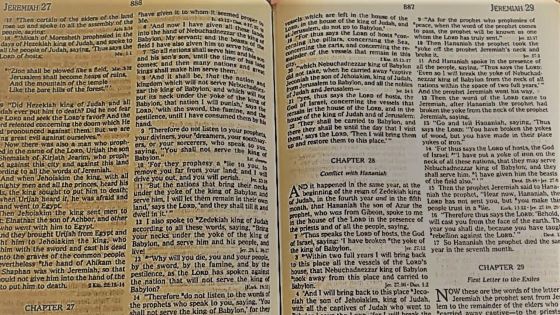Daily Life Lessons From Proverbs 6
No doubt, we’re living in the “information age,” but we certainly aren’t living in the “age of wisdom.” Many people maybe wizard with their computers but are amateurs when it comes to making a success of their lives. Computers can store data and obey signals but they can’t give us the ability to use that … Read more










